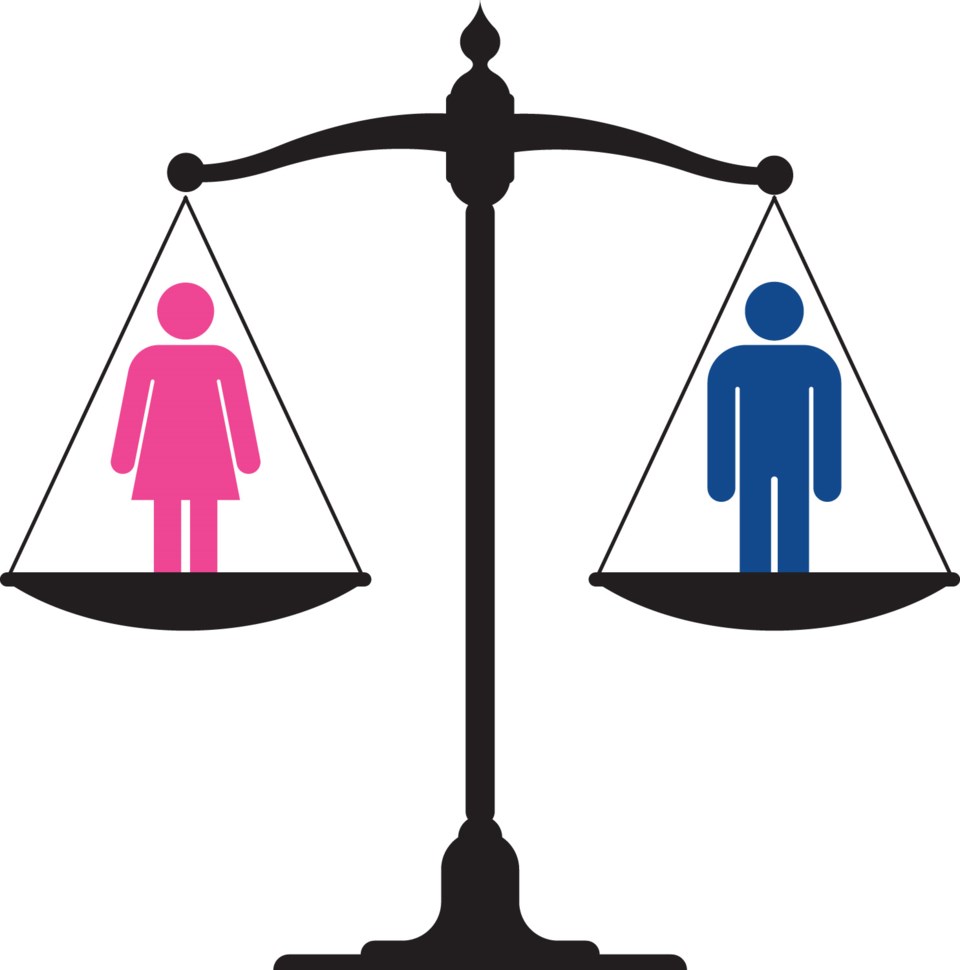Having gender diversity in the workplace is not only fair and right, but it makes good economic sense and provides stability, those attending the Weyburn Chamber of Commerce’s breakfast meeting heard on March 22.
The guest speaker was Kim Ulmer, a regional vice-president for the Royal Bank of Canada for the Saskatchewan, Manitoba and Northwest Ontario region.
Ulmer is a 27-year veteran of RBC who started working for the bank as a student. She noted Weyburn “is the town that could”, as it is continuing to grow and plan for major projects like the city’s new water reservoir.
“Gender diversity makes for a community of stability, even where the economy provides challenges,” said Ulmer.
She noted her employer’s first female branch manager was in Quebec in 1968, and their first female senior executive was appointed in 1979.
“What’s impactful for me is she continues to have an impact as a mentor,” said Ulmer, and recalled that when she was first appointed to her first executive role in 2009, “I was asked if I was appointed because I’m a woman. I worked so hard throughout my career to be one of the guys, so her comment really caught me offguard. She’s a very good friend, but she comes with unconscious biases. It’s a reality in the world we live in.”
She said she didn’t want to be seen as a female vice-president, but just as a vice-president, and noted that as an executive she has a responsibility to confirm and to talk about gender diversity in the workplace.
“We know there’s been progress, and it’s easy to believe change is on the way,” said Ulmer, noting there is still a long ways to go, with 70 per cent of part-time workers being women.
She noted that in 1981, for women between the ages of 17 and 64, their average hourly wage was 77 per cent that of men’s, and today it’s 87 per cent.
“There’s still a gap, but a slight improvement,” said Ulmer, who noted there is one basic difference that she has seen between men and women of equal qualifications. The difference is, women will wait to be asked to take on higher positions, where men will more aggressively seek them out. “There’s still a clear discrepancy between the genders. In 2017, we need to move past the notion that gender equality is the right thing to do,” said Ulmer, noting that Fortune 500 had a recent report that shows that companies are stronger when there is gender parity, with companies achieving 26 per cent higher profits.
On the other hand, in a Fortune 500 list of top companies, the number who have women in the top executive positions was down to 21 from 24.
“I believe change needs to start at the top,” she said. “We have lots of work to do. … We’ve been at this game for a while. It’s a call to action: where do we go from here?”
Ulmer said both men and women are stakeholders in this situation.
“We need to be prepared to ask for what we want,” said Ulmer, noting that as a business community and as individuals, they need to work towards gender parity.




